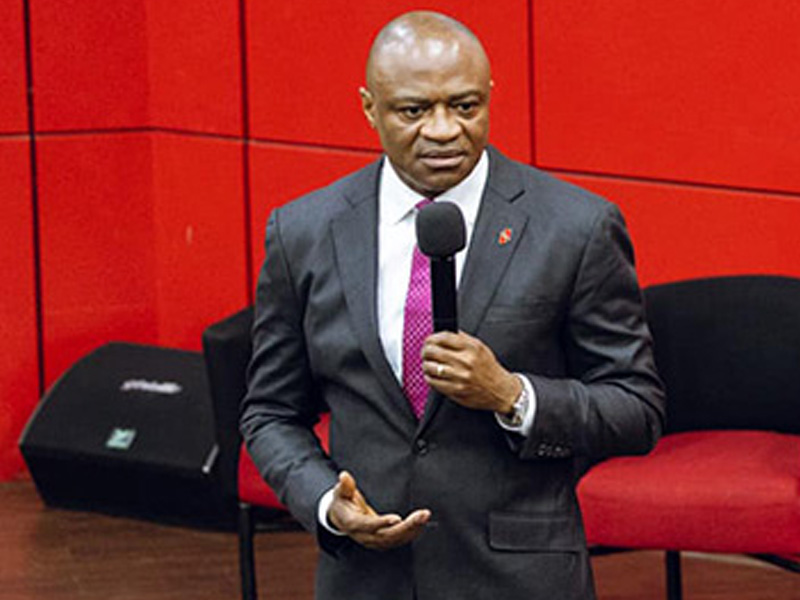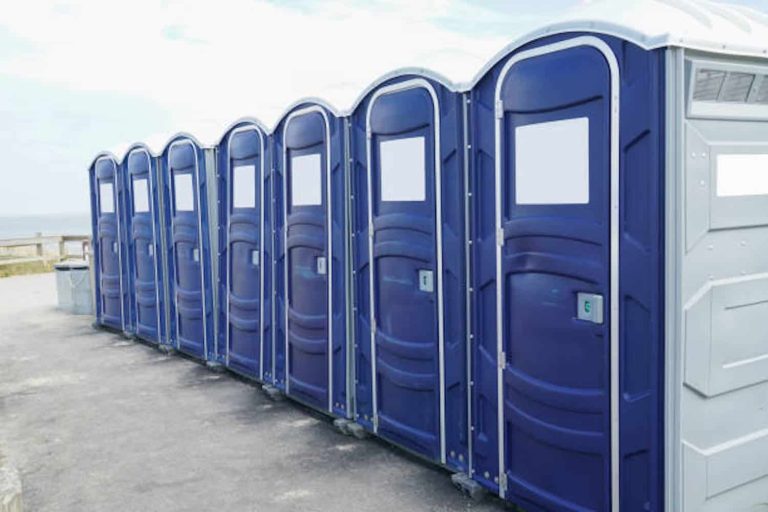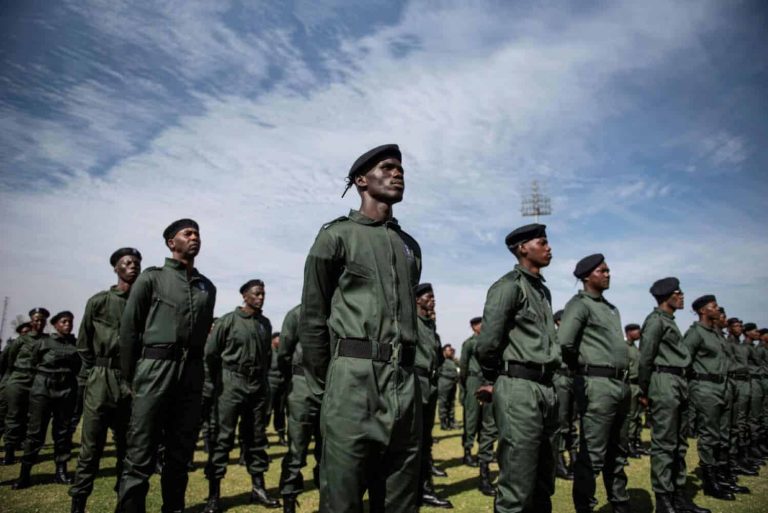
The Group Managing Director (GMD) of the United Bank for Africa (UBA), Mr. Oliver Alawuba, has said his financial institution believes that the capital to transform Africa exists, both within and outside continent, but lacks bankable structures and credible partnerships.
Alawuba, while delivering the keynote address at the UAE-Chad trade and investment forum held in Abu Dhabi, with the theme ‘Financing African Competitiveness Building Bridges, Powering Progress,’ stated that Africa was now in the era of execution.
Alawuba commended the Chadian government and the strategic partnership of the United Arab Emirates for its “bold approach” to driving national competitiveness through the $30 billion ‘Chad connection 2030’ plan, which, he said, targets infrastructure, industrialisation, and human development.
“For too long, the narrative around Africa has been one of potential. But I stand before you today to declare that the era of potential is over. We are now in the era of execution. And what we are witnessing in Chad is a masterclass in how to make that shift.
“The $30 billion Chad Connection 2030 plan is not just a document; it is a declaration of intent. It is a detailed roadmap to move a nation from the periphery to the very heart of global economic competitiveness.
“With its 268 projects targeting infrastructure, industrialisation, and human development, it understands a fundamental truth: competitiveness is not born in boardrooms; it is built on the ground,” he said.
The bank executive in questioning how to finance the $30 billion Chad Connection 2030 plan listed the understanding that a reliable power grid is the foundation of industrial growth, water access for 11 million additional people drives economic transformation, seeing the strategic value in infrastructure and building with governance that assures an investor that their capital is safe, and their project executed.
“When we finance a road, we finance market access. When we structure a PPP for renewable energy, we finance both climate resilience and energy independence. When we support digital payment systems, we create the foundation for inclusive economic growth,” he added.
He, however, called on stakeholders to activate a collaborative model.
“A model where African financial institutions like UBA step up not as mere intermediaries, but as architects of finance,” he said.
He quoted a report by the Africa Finance Corporation (AFC), that stated that Africa’s domestic financial assets are estimated to total approximately $4 trillion ($2.5 trillion in Commercial Bank Assets, $725 billion in Foreign Reserves and others, $455 billion in Pension Assets and $320 billion in Insurance Assets). However, less than 15per cent of these assets are currently channeled into productive infrastructure essential for growth.
He noted that Chad’s targets of 60per cent electrification, water for 11 million people, the doubling of agricultural production are challenges not insurmountable, adding that UBA sees a portfolio of bankable projects in that.
“At UBA, our commitment is two-fold: we are both architects of national infrastructure and champions of grassroots financial inclusion. Here in Chad, this is not a promise; it is a proven track record.
“We have already committed over $102 million in direct investments in the State of Chad’s securities and have been the lead financier on critical national projects – from a $49 million domestic gas project to bring clean energy to households, to a $6.7 million wind farm in Amdjarass and essential funding for road maintenance and telecom modernisation. This demonstrates a deep, vested partnership with Chad’s development agenda.”
He added: “At UBA, our commitment is two-fold: we are both architects of national infrastructure and champions of grassroots financial inclusion.
“Here in Chad, this is not a promise; it is a proven track record. We have already committed over $102 million in direct investments in the State of Chad’s securities and have been the lead financier on critical national projects – from a $49 million domestic gas project to bring clean energy to households, to a $6.7 million wind farm in Amdjarass and essential funding for road maintenance and telecom modernisation.
“This demonstrates a deep, vested partnership with Chad’s development agenda.
“But true competitiveness requires an inclusive economy. This is why our presence extends far beyond capital cities into the very fabric of Africa.
“In Mozambique, we serve clients in Beira, a 16-hour drive from the capital. In Guinea Conakry, our branch in Nzerekore is 788 kilometers away, and in Uganda, we are in Gulu, 335 km from Kampala. By planting our flag in these regions, we are ensuring that the SMEs, the farmers, and the entrepreneurs who form the backbone of the economy are not left behind.
“We are financing competitiveness from the ground up, ensuring that every link in the value chain, from a remote farmer to a national utility, has the capital to grow.”
Kayode Tokede



